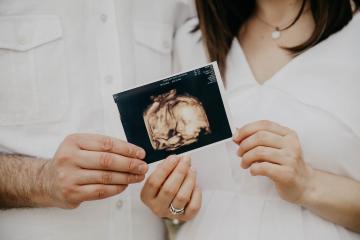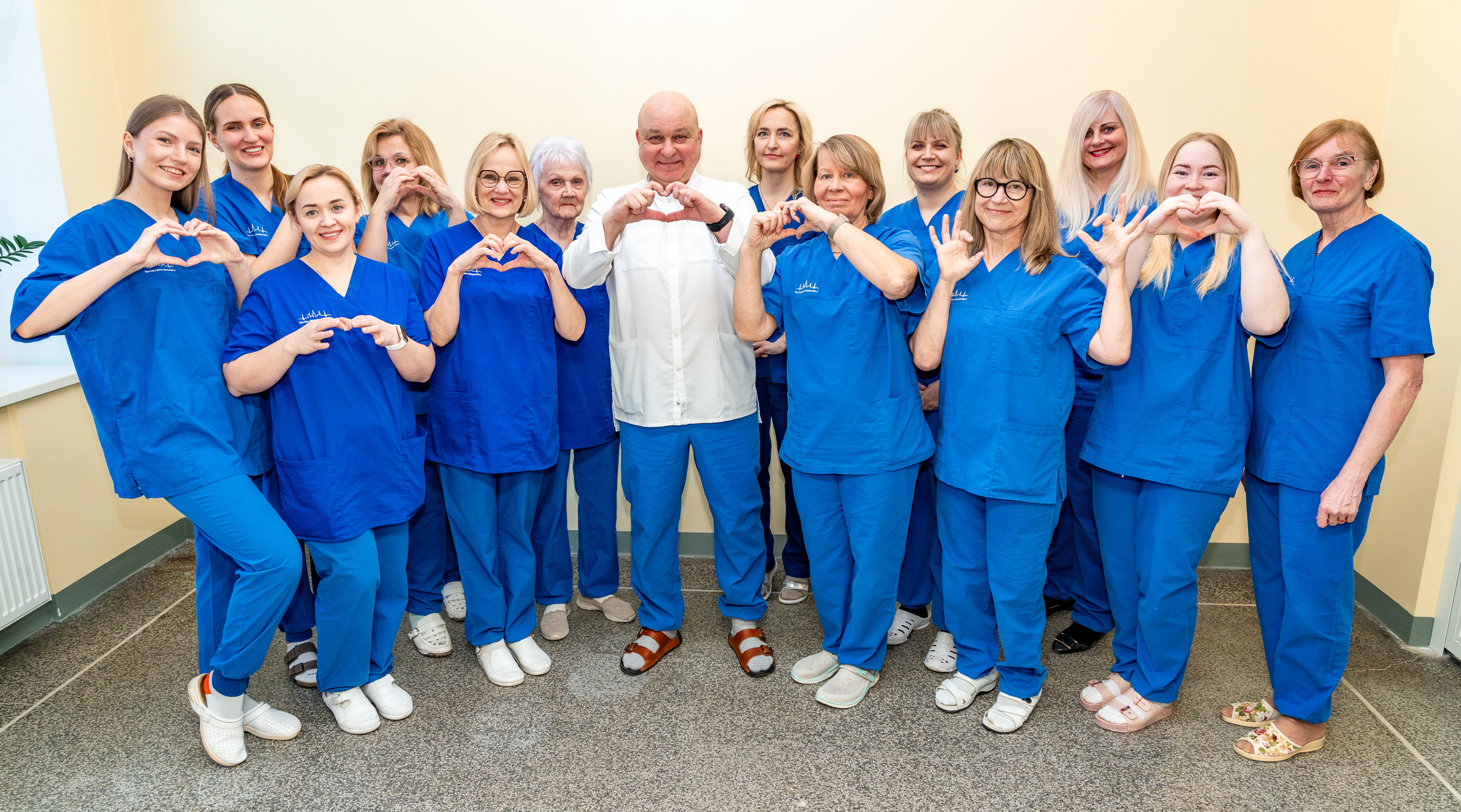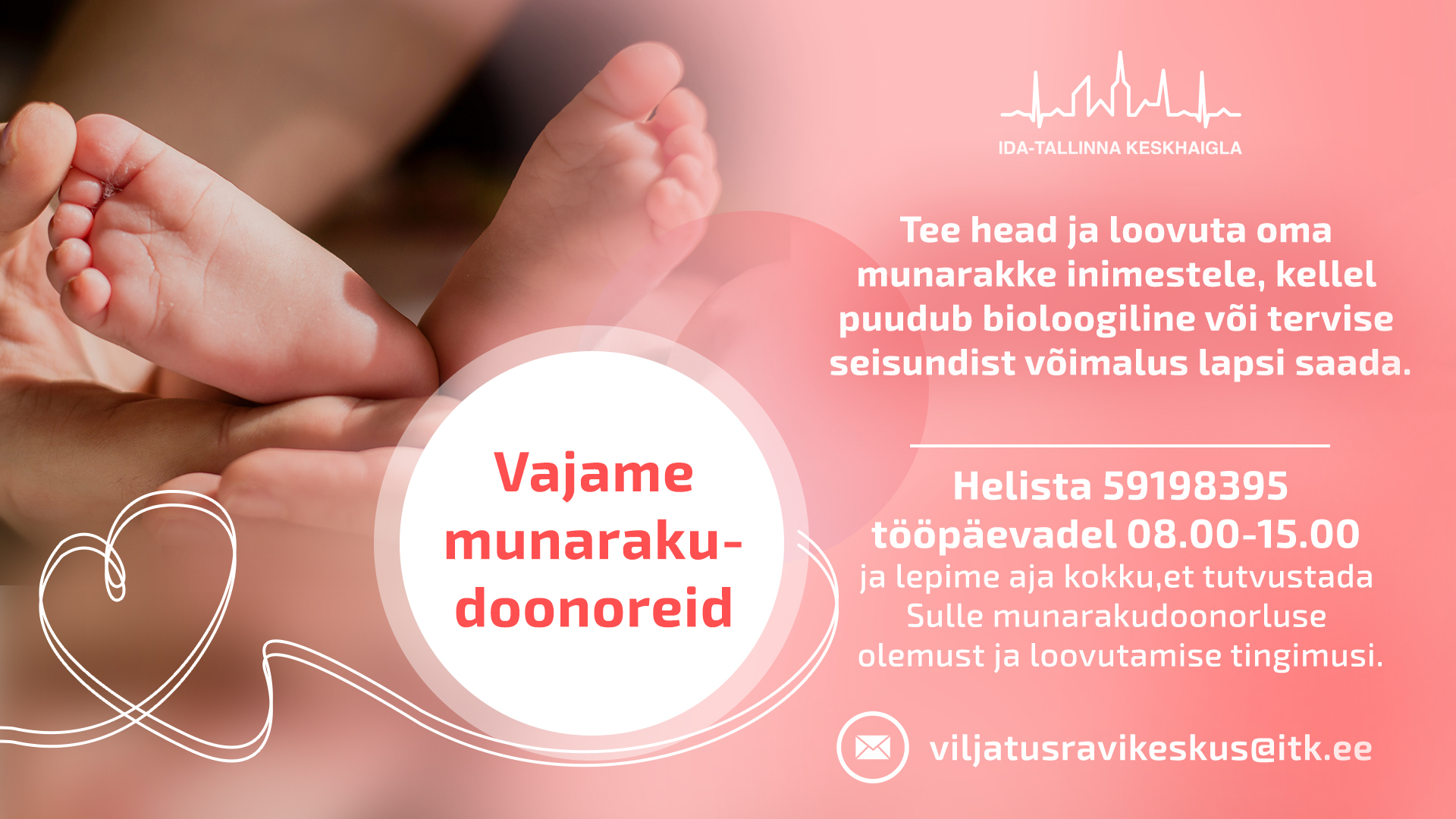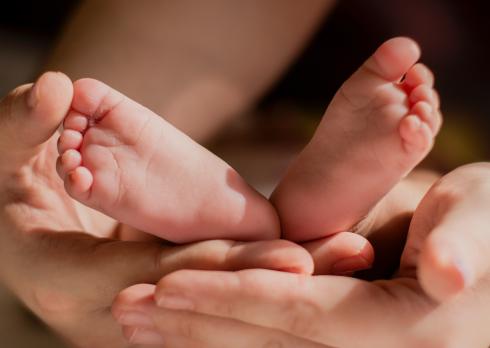The most experienced infertility treatment centre in Estonia
Treating infertility since 1996

Welcome
to the Infertility Treatment Center
The goal of our Centre is to help infertile couples. Each family’s story is different, time consuming and very personal. If you have wanted and been trying to get pregnant, but have been unsuccessful for a year, then you are welcome to visit our gynaecologist. To determine the causes of infertility, we conduct various infertility studies on both women and men, after which the necessary treatment can be started. If indicated, it is possible to use donor gametes (eggs, sperm).
In vitro fertilization (IVF) is the most commonly used method of infertility treatment in the world, as a result of which 3–5 per cent of newborns are born in Estonia. Since we first began in 1996, to the present day, the number of in vitro fertilization procedures in the Centre for Infertility Treatment has increased more than a hundredfold. Along with the evolution of infertility treatment, the effectiveness of treatment and the number of pregnancies increases.
In our work we use state-of-the-art equipment with a broad range of possibilities, and the most effective methods of treatment. Our Centre employs highly trained specialists, including the first senior clinical embryologist certified by ESHRE (European Society of Human Reproduction and Embryology) in Estonia and the Baltics.
You are welcome to visit our Centre for Infertility Treatment!

Helpline
5919 8395
Registration and information
666 1900
Additional informationWhat is infertility?
Infertility is defined as a situation where a couple has been unable conceive after at least a year of regular sexual activity or being unable to carry a pregnancy to term. Infertility is a major social and emotional problem, both for society and for the couple who are directly affected by it. According to various studies, the number of infertile couples has reached 15–20% of the population, so the problem of infertility affects every 5th to 6th family in Estonia. It is believed that infertility in 1/3 of the cases is due to the health of the woman, 1/3 of the causes are in the health of the man, and in about 1/3 of the cases it is combined infertility or the cause remains unclear. For the most part, the specific reason remains unclear in developed societies, since there are thousands of factors that affect fertility, and not all can be estimated. When seeking infertility treatment, an attempt is first made to determine the cause of infertility, and then to choose the appropriate method of treatment.
If infertility is suspected, women and couples who wish to receive treatment are first advised by the doctors of the Centre for Infertility Treatment. In order to determine the causes of infertility, various infertility studies are carried out in our Centre for both women and men. After that, the necessary treatment can be started. After confirming the diagnosis, midwife appointments are held to provide counselling and give analyses. During the consultation, the processes related to infertility treatment will be explained to you in greater detail – what studies are carried out prior to starting infertility treatment, what are the different methods of treatment used in the case of assisted reproduction, with the legislation related to infertility treatment also being introduced.
10000+
IVF procedures in 29 years of operation
5596
frozen embryo transfers
3731
children born
About egg cell donation
Egg cell donation is the process by which a woman voluntarily agrees to donate her eggs to an infertile couple or woman for artificial insemination. Egg cell donation is the only remedy for many women to have children. The use of donor eggs for the artificial insemination of females aged 20–50 years is permitted. Donor eggs may be used for a number of medical purposes, among them ovarian insufficiency or failure, premature menopause and chemotherapy or radiation therapy, or after failed pregnancies following artificial insemination.
If you are a healthy 18–35-year-old woman, become an egg donor and help families who do not have the biological opportunity to have children. For more information, call 5919-8395 (Mon–Fri 08:00–15:00) or write to viljatusravikeskus [at] itk.ee (viljatusravikeskus[at]itk[dot]ee)

 Terviseportaal
Terviseportaal


